This content is restricted to subscribers
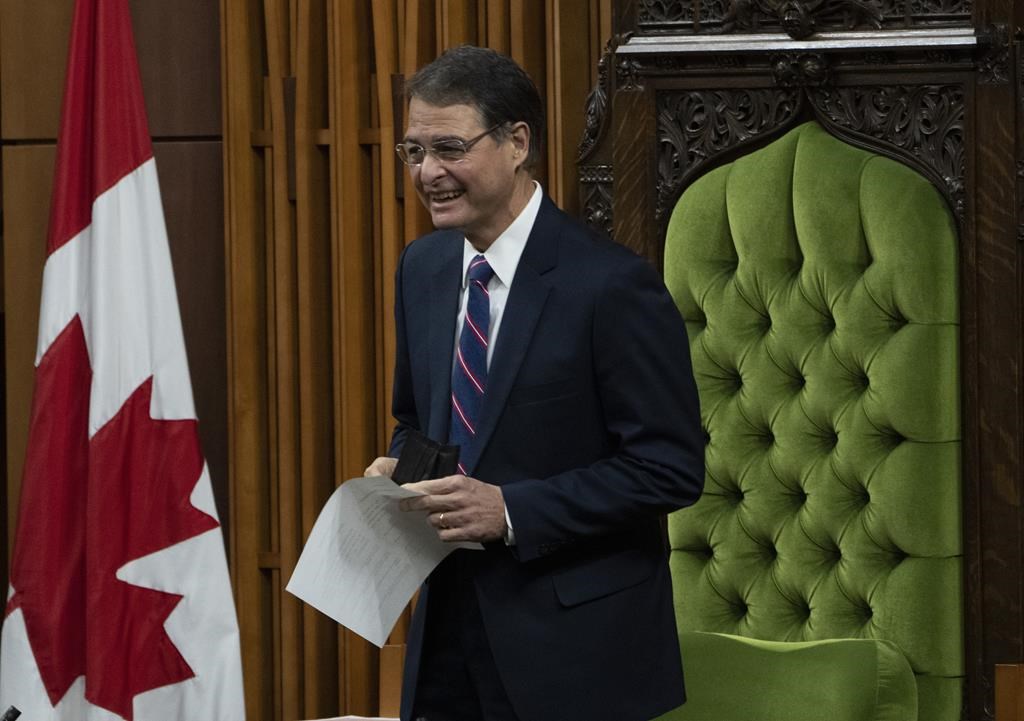
The views, opinions and positions expressed by columnists and contributors are the author’s alone. They do not inherently or expressly reflect the views, opinions and/or positions of our publication.

This content is restricted to subscribers
The views, opinions and positions expressed by columnists and contributors are the author’s alone. They do not inherently or expressly reflect the views, opinions and/or positions of our publication.

With the return of Parliament for the fall sitting comes the renewed cries for changes to improve it as a “workplace.” The executive director of the Samara Centre for Democracy, citing interviews done as part of their “Humans of the House” podcast, wrote an op-ed in the Globe and Mail about needing to change the culture within the House of Commons in order to make MPs feel happier and more “psychologically safe” in order to become more productive, and for democracy to be more responsive and representative. Former minister Catherine McKenna tweeted her support for these suggestions, imploring the need for “proper HR practices.” The underlying problem, however, is that Parliament is not a normal workplace, and there cannot be an HR for MPs or Senators because there is no hierarchy of power for them to appeal to. Trying to describe and envision Parliament as a “workplace” in a corporate sense both misses the point, and can undermine the fundamental understanding of our most important institutions.
The first and most fundamental thing to remember is that MPs and Senators are all constitutionally equal in their chambers. Because all MPs are elected, regardless of whether they are a minister or backbencher, they have the same powers, rights and privileges. Similarly in the Senate under their appointments (though the small handful of senators who claimed to be “elected” did try to use that as a bully pulpit with their peers). There is no boss or higher authority for whom MPs can appeal to because they are all the boss. When it comes to what they perceive to be intimidation or harassment, Parliament always had an informal resolution system for complaints between members until fairly recently for that very reason—you are all equal in terms of power, so coming to a resolution together, often with the assistance of party whips or House leaders, was the best way to settle things. This is also why the more formal process that they did end up putting into place is somewhat vague, because again, there is no higher authority to appeal to.
I also have to urge caution about how much value gets assigned to complaints about behaviour in Question Period, because Question Period is not real life. It’s theatre, and MPs act out during it, whether we like it or not. I don’t deny that the heckling isn’t great—but these days it’s far tamer than it used to be. The noise in the Chamber is an order of magnitude quieter than it was a decade ago. And frankly, I have a bit of a hard time sympathizing with MPs who aren’t able to treat theatre as theatre, particularly because they know better when it comes to how things operate the rest of the day outside of those 45 minutes. MPs may not like it when they get knocked off of their messaging by the heckling, but that is also part of the value in it—frankly, I think it’s far more insulting to voters when MPs read prepared scripts to one another, and if you get flustered or upset while doing it, that’s a reflection on your abilities to be a good public speaker. Maybe I’m particularly harsh about this, or being too much of a parliamentary purist, but the excessive message control we see is suffocating democracy, and MPs dutifully reading their scripts is a big part of that problem.
McKenna also keeps bringing up the late-night votes that she and others had to suffer through when it comes to her demand for “proper HR practices,” but again, there is a problem where she points out that the votes were held that way to “make a point”…which is the point. Opposition parties have very few tools at their disposal to resist a government that has a majority of seats in the Commons, and every now and again, they need to use extraordinary means to make a point that simply being voted down can’t make. Can this be a real problem? Sometimes. Were some of the instances of using these tools overkill, or done because they are all tactics and no strategy? Sometimes! But we need to be very careful of stripping the opposition of what few means they have of expressing this kind of displeasure. Again, being an MP is not a nine-to-five corporate office job. MPs shouldn’t expect that it’s what they’re signing up for, and there needs to be a greater respect for the fact that sometimes, making a point is going to mean making life uncomfortable.
I should also point out that Samara’s insistence that hybrid sittings is better for MPs is again predicated on the false notion that this is some kind of office job. It’s not. The job is face-to-face, in Ottawa, and not in the constituency. It also doesn’t actually help MPs with work-life balance—it creates an unrealistic standard of presenteeism that pressures them to always be on Zoom and to always be voting, even if they’re gravely ill, when they should instead be allowed to take leaves of absence, and to have their votes paired off so that this kind of pressure is taken off. I would also note that the constant praise for hybrid sittings is dismissive of the human cost, given the toll it takes on interpreters, which is a brewing crisis in our Parliament that nobody is prepared for.
One of the things I do agree with in the Samara op-ed is the need for better onboarding and training of incoming MPs (and senators), because what they are getting right now, primarily from the Library of Parliament, is clearly insufficient, and we don’t know what kind of internal onboarding that parties give their own members, though it appears to be similarly insufficient, judging from Samara’s research. (This is also the case in the Senate, where the new “independent” model has failed to properly onboard a lot of new senators, which is a problem Trudeau didn’t care about when he unilaterally made this change). This being said, I don’t think the solution is necessarily to use the NDP’s model of creating management and a quasi-union for MPs hiring staff, because that centralizes too much power in the leader’s office, and we saw that abused in the Mulcair era with the illegal “satellite offices” scheme.
Fundamentally, we need to remember that for MPs, the incentives are there to be performative and boorish, which is why this behavior persists. They get media play, and the engagement they get from it justifies their doing it, but it’s also only a fraction of what actually happens—most of their day is very, very quiet and boring. While I do think we need to have conversations about what MPs can do around making their jobs better, it can’t be done from a framework that they are somehow middle managers in a corporate structure. They’re elected officials, and that means something.
The views, opinions and positions expressed by columnists and contributors are the author’s alone. They do not inherently or expressly reflect the views, opinions and/or positions of our publication.
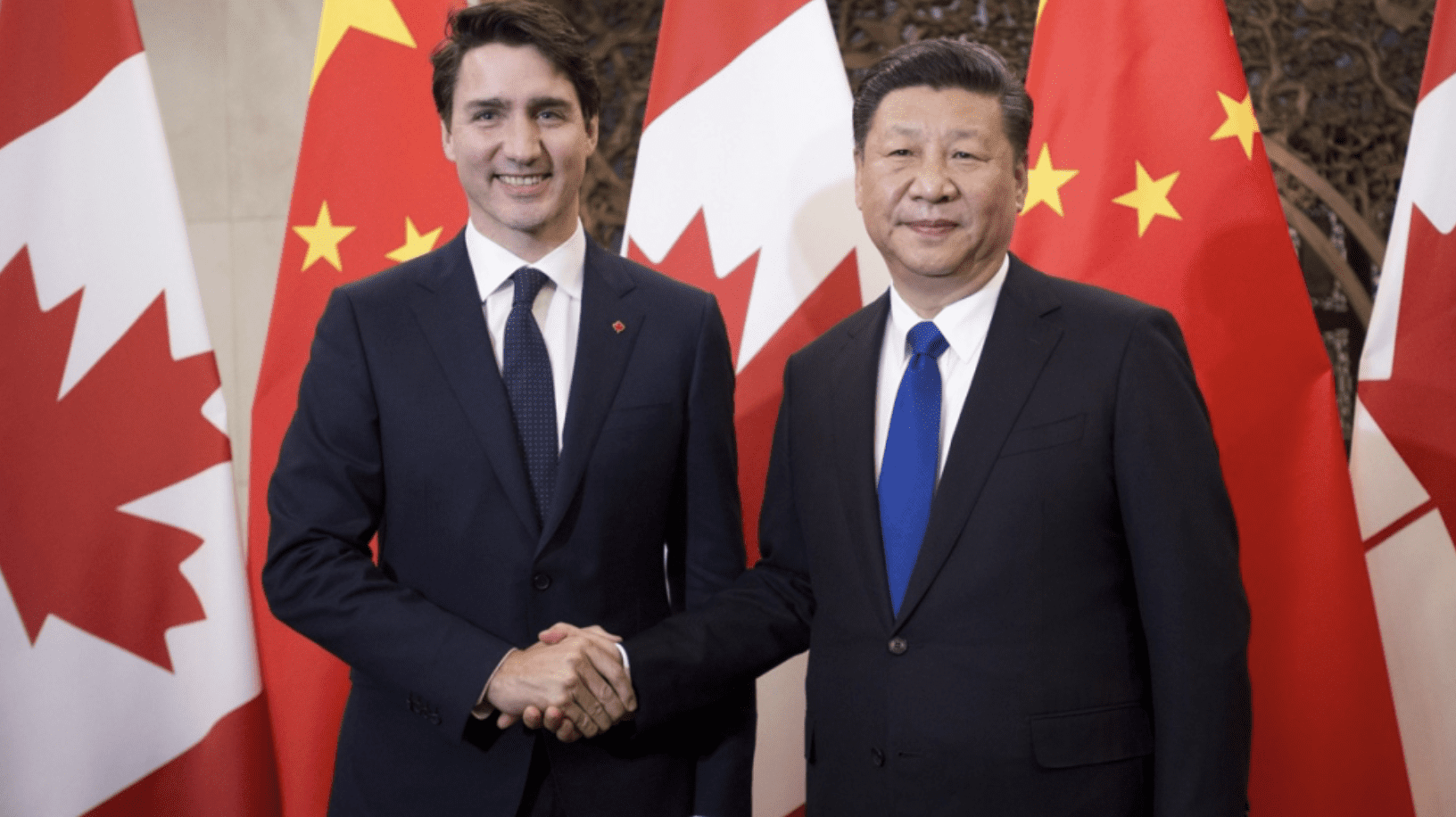
More than a few Canadians are no doubt happy enough that the House of Commons in Ottawa, “pursuant to Standing Order 28(2)(b),” is off on its annual summer holiday, from late June to mid September.
Whatever else, this will at least turn off one big toxic tap on the “Chinese/foreign influence” issue in Canadian politics and beyond.
And it does seem that the great majority of the cross-country electorate, in all its various regional configurations, is less interested in this issue than many federal parliamentarians (and others) in Ottawa.
There have also been intimations that the diverse Canadian electorate is home to some especially subtle and nuanced understandings of Chinese/foreign influence in Canada today. Whatever else again, this certainly shouldn’t be surprising.
To start with, what still calls itself the People’s Republic of China is now and is going to be something very big in the 21st century global village. The shock-and-awesome growth of the Chinese economy since the year 2000 is almost unbelievable but finally quite real.
As Mao Zedong famously said, China “stood up” in 1949, after an agonizingly long period of decadent decline. Around 1999, 50 years later, China started to reach for some economic and other recovery of its earlier high achievement in world history.
Moreover, China today has more than 1.4 billion people. Though India is about to move into first place on this front, China’s population will at least remain the second largest of any country in the world, by a considerable margin.
(The third largest is the United States at some 330 million people, and the fourth is Indonesia with about 275 million.)
At the same time (and more immediately for Canadians), the Government of Canada tells us that : “1.8 million Canadian residents are of Chinese origin, and in 2020, more than 117,000 Chinese students with study permits for six months or more attended Canadian educational institutions. Chinese is Canada’s third most spoken language after English and French.” (Punjabi is fourth.)
What the Government of China is doing outside and inside Canada today clearly bears watching. It operates an essentially authoritarian political system, opposed to the free and democratic politics countries such as Canada are supposed to enjoy.
And then a new and vaguely imperialist China is increasingly involved in many different parts of the world, economically and even more broadly politically or at least culturally.
And then again, closest to the ground, in international trade China is currently selling to Canada some three and a half times more than it is buying from us.
At the same time again, China has made and will no doubt continue to make a vast contribution to some emerging global civilization.
There are similarly growing Chinese dimensions to Canadian culture. We have already had a Governor General of Canada who was born in Hong Kong. And the list of theoretically lesser public offices occupied by “Canadian residents … of Chinese origin” is already long and growing.
With the House in Ottawa away for the summer, it may take somewhat longer for federal politicians to altogether resolve what is finally going to be done about the Chinese/foreign influence issue in the Canadian democracy.
Whatever it is, however, should somehow appreciate that the political, economic, and diverse human relationships involved are entirely too serious and important to be used as fodder for toxic partisan political debate.
It may be almost pointless to try to say such things in the cruel real world of politics almost everywhere today!
And if no one in current Canadian political life exactly matches such figures as Lauren Boebert, Marjorie Taylor Greene, and Donald Trump in the USA, we have more than our own fair share of toxic partisan politicians.
Even so, as the summer of 2023 begins it still seems somehow appropriate to argue that, in dealing with “Chinese/foreign influence,” what we need now in Canada is something completely different — and at least a little more high-minded.
The views, opinions and positions expressed by columnists and contributors are the author’s alone. They do not inherently or expressly reflect the views, opinions and/or positions of our publication.

Become a subscriber today!
Register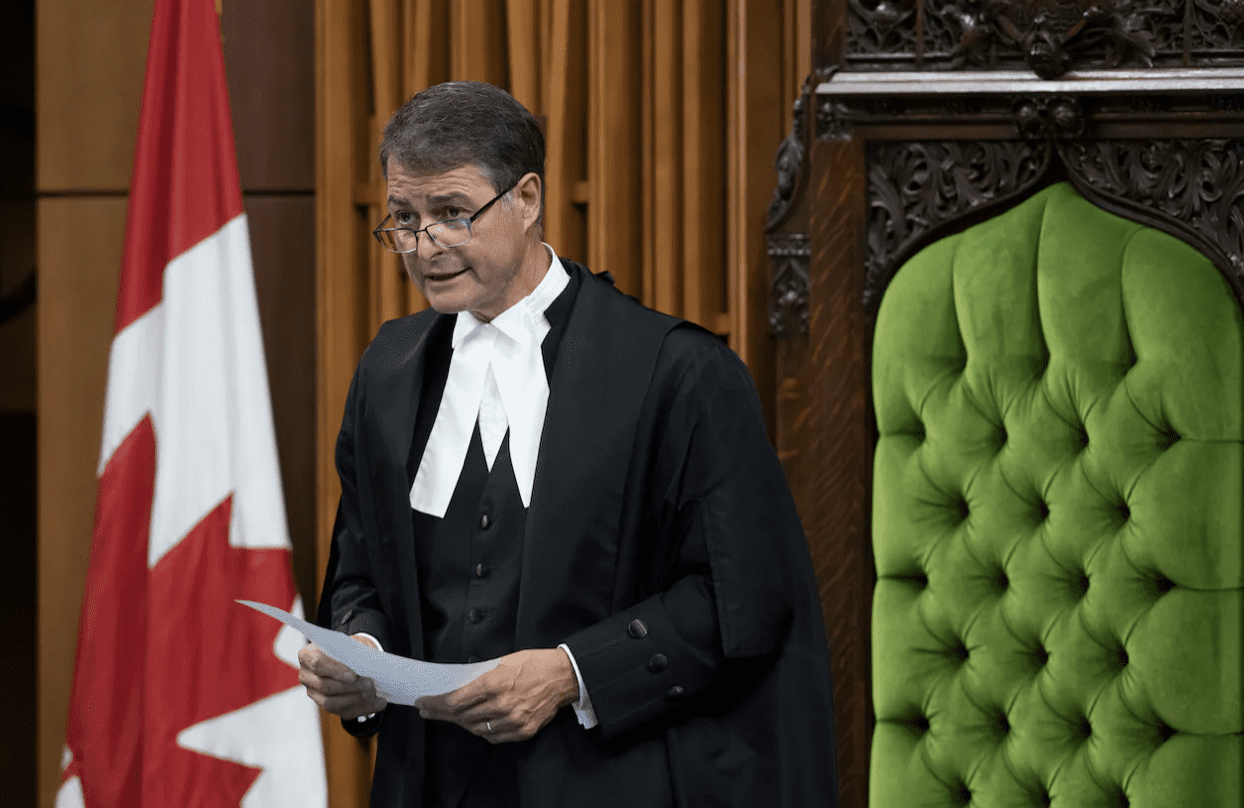
This content is restricted to subscribers
The views, opinions and positions expressed by columnists and contributors are the author’s alone. They do not inherently or expressly reflect the views, opinions and/or positions of our publication.

Become a subscriber today!
Register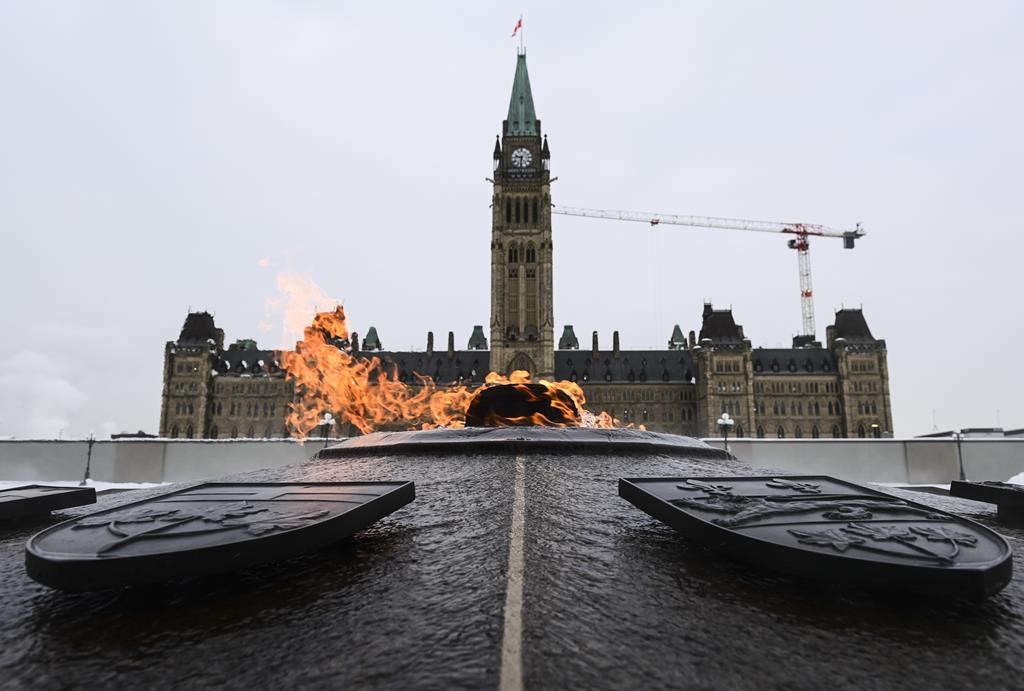
This content is restricted to subscribers
The views, opinions and positions expressed by columnists and contributors are the author’s alone. They do not inherently or expressly reflect the views, opinions and/or positions of our publication.

Become a subscriber today!
Register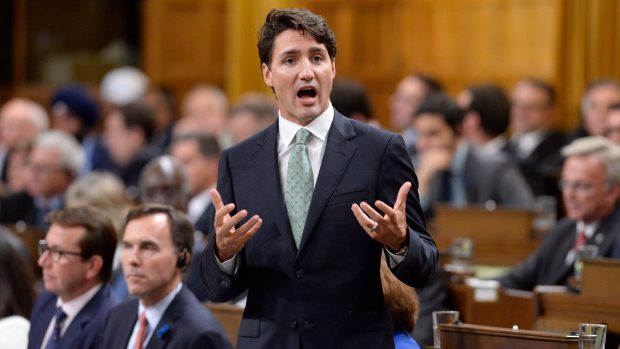
This content is restricted to subscribers
The views, opinions and positions expressed by columnists and contributors are the author’s alone. They do not inherently or expressly reflect the views, opinions and/or positions of our publication.

Become a subscriber today!
Register